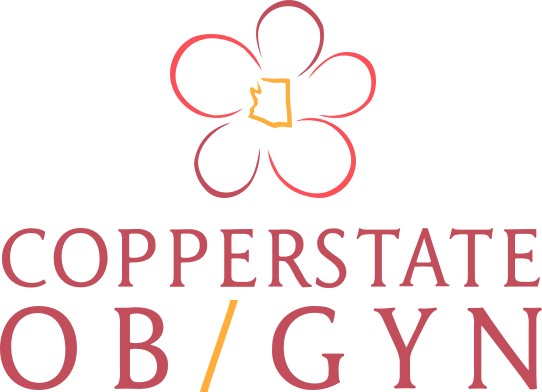When you first hear the term “high-risk pregnancy”, it can be startling, even a little bit scary. What does that even mean? How will a high-risk pregnancy affect your baby? How will it affect you?
The truth is, there are many different types of high-risk pregnancies and a diagnosis of such doesn’t necessarily have to keep you up at night. The key with any high-risk pregnancy, or rather any pregnancy, is to take your prenatal care seriously and go to the doctor’s office when you’re supposed to.
Regardless, here is some helpful information to help you process and better understand what it means to experience a high-risk pregnancy.
When to Consider Seeing a High-Risk Pregnancy Doctor
A high-risk pregnancy is defined as one of greater risk to the mother or her fetus than an uncomplicated pregnancy. Basically, the term “high-risk pregnancy” suggests that in order to have a healthy and successful pregnancy and delivery, some extra care is needed.
Some health conditions that may factor into being diagnosed as “high-risk” may include the following:
- Existing health conditions, such as high blood pressure, diabetes, or being HIV-positive.
- Overweight and obesity. Obesity increases the risk for high blood pressure, preeclampsia, gestational diabetes, stillbirth, neural tube defects, and cesarean delivery. NICHD researchers have found that obesity can raise infants’ risk of heart problems at birth by 15%.
- Multiple births. The risk of complications is higher in women carrying more than one fetus (twins and higher-order multiples). Common complications include preeclampsia, premature labor, and preterm birth.
- Younger or older maternal age. Pregnancy in teens and women age 35 or older increases the risk for preeclampsia and gestational high blood pressure.
Maternal-Fetal Medicine Specialists (Perinatologists)
High-risk pregnancies are generally managed differently than a “normal” pregnancy. Sometimes a normal pregnancy can progress to become a high-risk pregnancy and then require a different treatment plan. It really just depends on your situation.
However, high-risk pregnancies may require consultation or management by a Maternal-Fetal Medicine (MFM) specialist (also known as a perinatologist). These specialists are trained in the same way as your OB/Gyn with the addition of a few more years of training specifically on high-risk pregnancies. They are experts who know what to look for, how to help you manage your health, and are there to help you do everything you can to have a healthy baby (or babies!)
These specialists often work in tandem with your current OB/Gyn and your pregnancy will be “co-managed”. This can help lessen any fears you may have if you’ve already developed a strong, trusting relationship with your current OB/Gyn. You’ll still see your OB/Gyn, but you’ll also see the specialist and they will work together to manage your health the best way possible.
With the right treatment and medical management, your high-risk pregnancy doesn’t have to be scary.
You may hear and read about issues or complications that could happen as a result of your high-risk pregnancy, but it doesn’t necessarily mean that you won’t have a healthy baby.
Talk to your doctors and support system about any concerns and emotions you may be having after finding out you have a high-risk pregnancy. They will help you to see the big picture and ensure you have the tools to manage your and your baby’s health as best as you can.
Positive pregnancy test? Are you looking for an OB/Gyn in the Tucson area? Let us join you on your amazing and unique pregnancy journey. Book an appointment today!
*This blog post was originally published on March 5, 2020
Resources:
https://americanpregnancy.org/pregnancy-complications/high-risk-pregnancy/
https://www.nichd.nih.gov/health/topics/pregnancy/conditioninfo/high-risk

